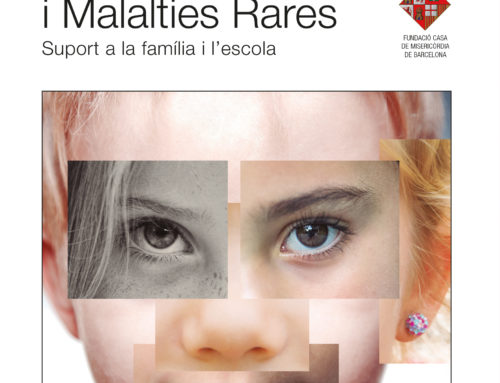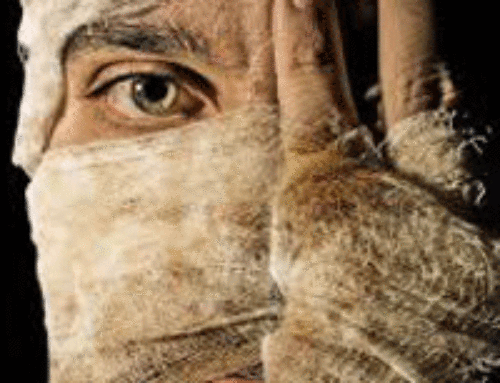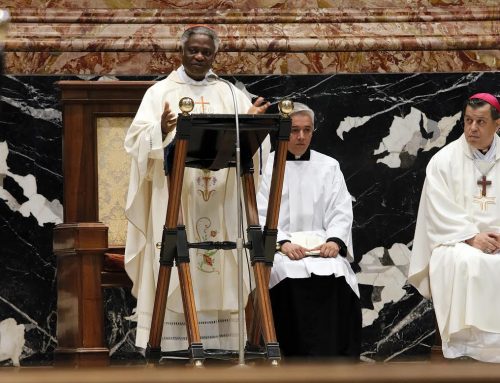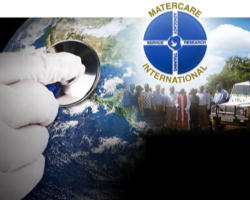The COVID-19 Vatican Commission releases a document urging national governments and Church-run institutions to promote children’s rights and family-based care amid the ongoing Covid-19 pandemic.
By Devin Watkins (Vaticannews)
Severe poverty, orphaned children, increased exploitation and violence, and impeded education are just a few of the effect weighing on millions of children around the world due to the pandemic.
In response, “governments, civil society organizations, and the Church must come together to alleviate the escalating suffering of the most vulnerable children among us.”
This stark warning and corresponding appeal were voiced on Wednesday in a document released by the Covid-19 Vatican Commission entitled “Children and Covid-19: The Pandemic’s Most Vulnerable Victims”.Listen to our report
Heavy burden on little shoulders
The document warns that an entire generation of children “is bearing the brunt of the economic, health, and social impacts” of the pandemic.
Covid-19 has left over 5 million children bereaved of a parent or caregiver, often with little notice or time for other caregivers to prepare. Household poverty has shot up, along with rising food insecurity among children, with over 6 million new cases of acute malnutrition in under-5s in sub-Saharan Africa and South Asia.
Education has been disrupted, violence and child exploitation are on the rise, especially among girls, 10 million of whom are at risk of child marriage.
These myriad consequences of the pandemic weigh most heavily on poorer communities.READ ALSO

22/12/2021
Pontifical Academy for Life releases document on Covid and Education
Family units at risk of collapse
The Covid-19 Commission document goes on to analyze the impact of the situation on children, warning that it has been “particularly profound”. Jesus, notes the document, “identifies especially with the little ones”, and so the Church is called to hear and respond to the “silent cry of poor children”.
The Commission therefore recommends that children who have lost a parent or caregiver should remain in a family wherever possible. State or foster care should be sought only if no kin is able to take care of the child.
Family-based care is fundamental for the proper development of a child. “Our physical and spiritual efforts should focus on strengthening the ability of families to care for those children, especially the poor.”
Denouncing violence through holistic support
At the same time, the document warns against violence against children, who run the risk of being submitted to the “selfish indifference” of others.
Children, adds the Commission, are “the foundation of our future”, and are likely to reach their full potential only if they are nurtured and protected in a loving and supportive environment. “Supporting the welfare of children today will contribute to the reduction of poverty and inequity over generations.”
The document calls for holistic responses to children’s vulnerabilities from the pandemic. As children face ongoing educational and developmental difficulties, humanity should “maximize our efforts to secure in tandem the protection, care, health, and education of every child– an approach that will fundamentally reduce inequity over time.”
Civil-religious alliance to protect children
The Covid-19 Vatican Commission document wraps up with a two-fold call to civil and religious institutions.
Policymakers and civil society need to:
– Promote the equitable distribution of the Covid-19 vaccine;
– Strengthen systems that promote family-based care for children;
– Devote increased budget expenditure to the protection of children;
– Combine cash transfers for the poor with complementary program;
– Protect trauma-affected children as schools re-open.
Church-run institutions are also called to do their part in responding to the needs of God’s children.
Dioceses and parishes should reach out whenever a crisis strikes Church members; parishioners can help children remain in family care by supporting their caregivers; Church-run charities could assist children in a transition to other loving families when none of their kin can take them in; and, all Catholics must oppose violence against children within and outside the family by creating opportunities for counseling and support.
Through the multifaceted measures outlined by the “Children and Covid-19” document, governments and the Church can respond to the growing crisis facing society’s most vulnerable members.








